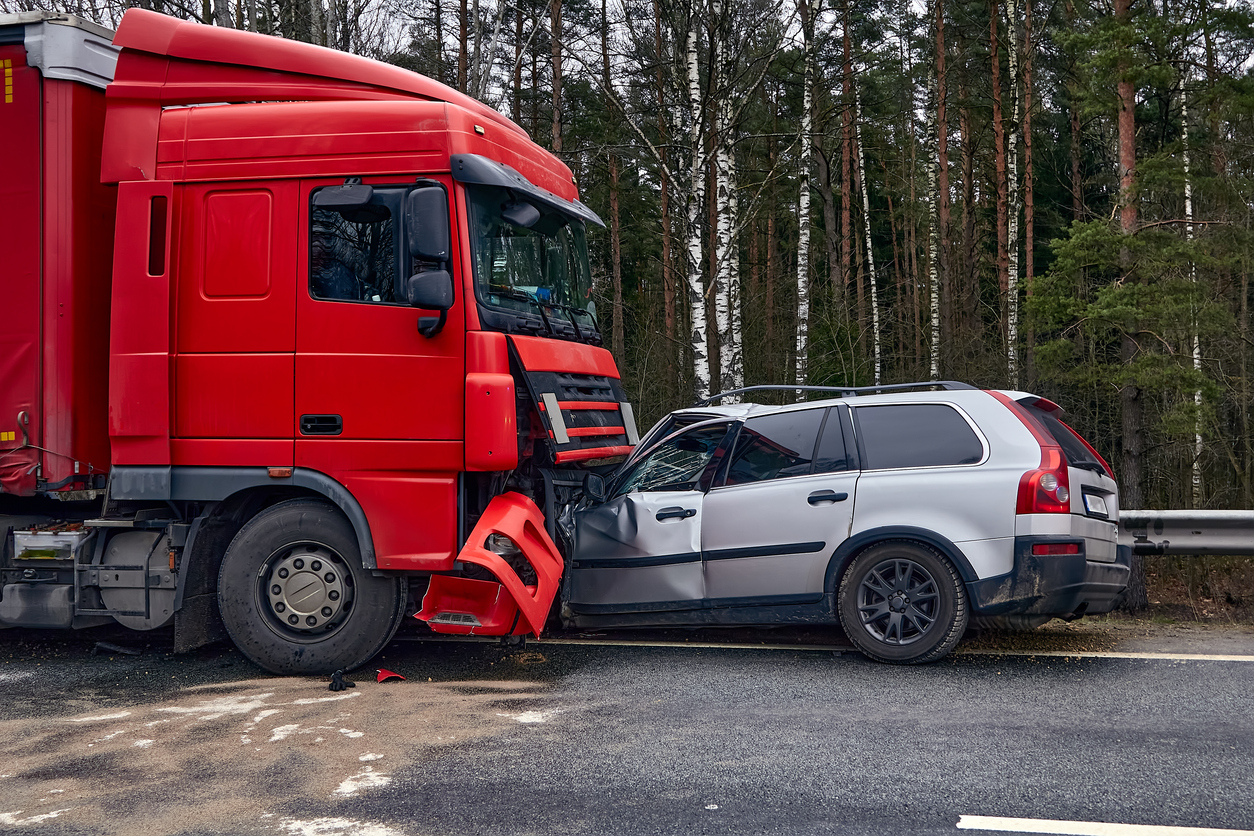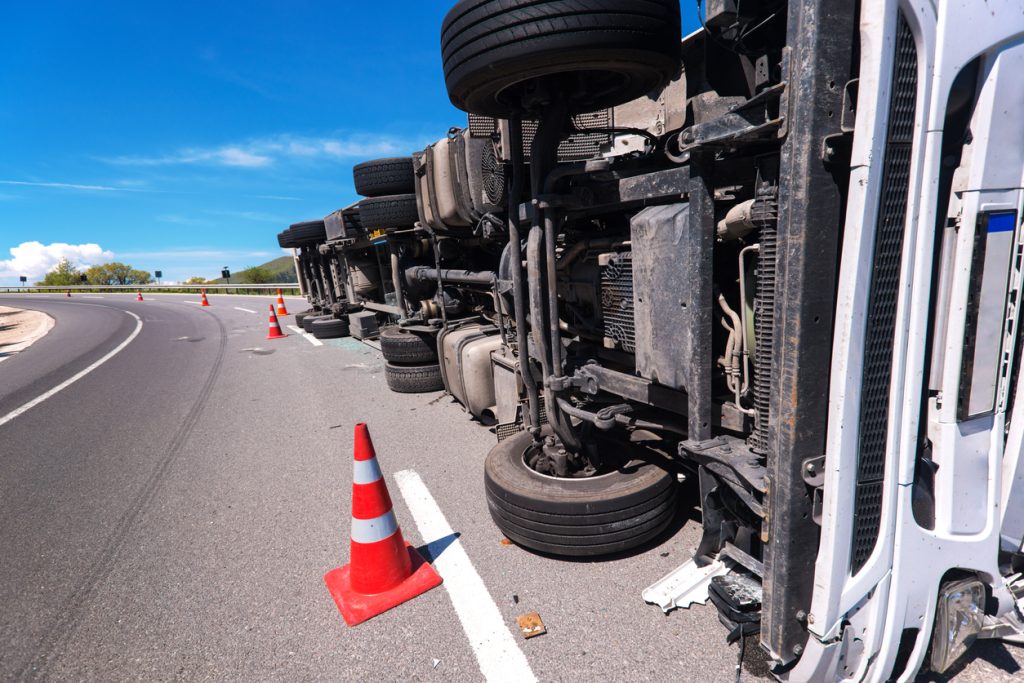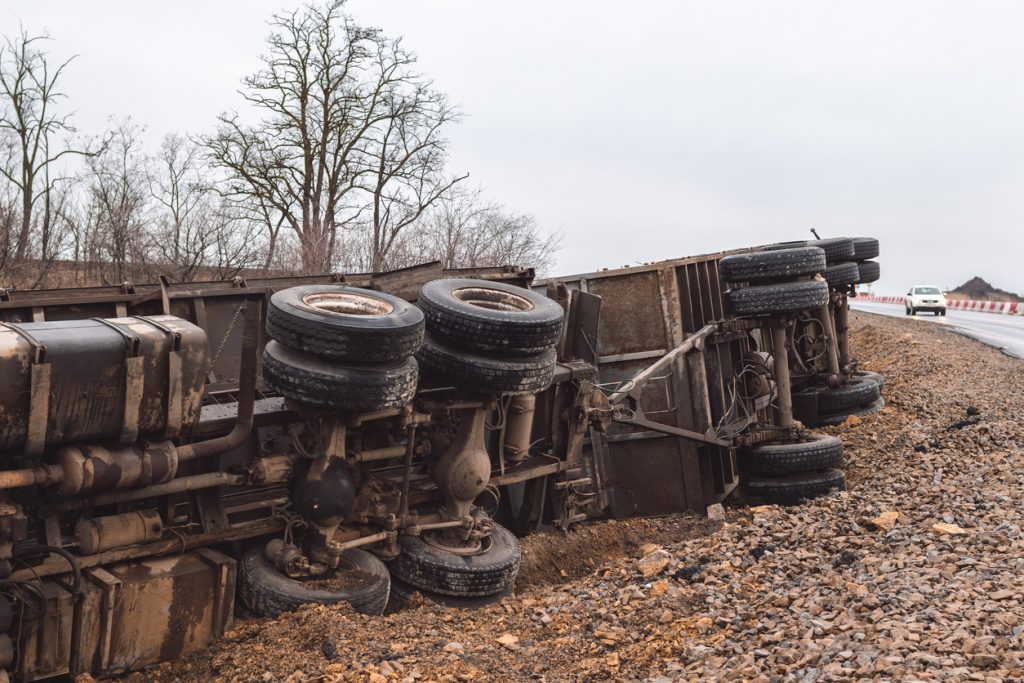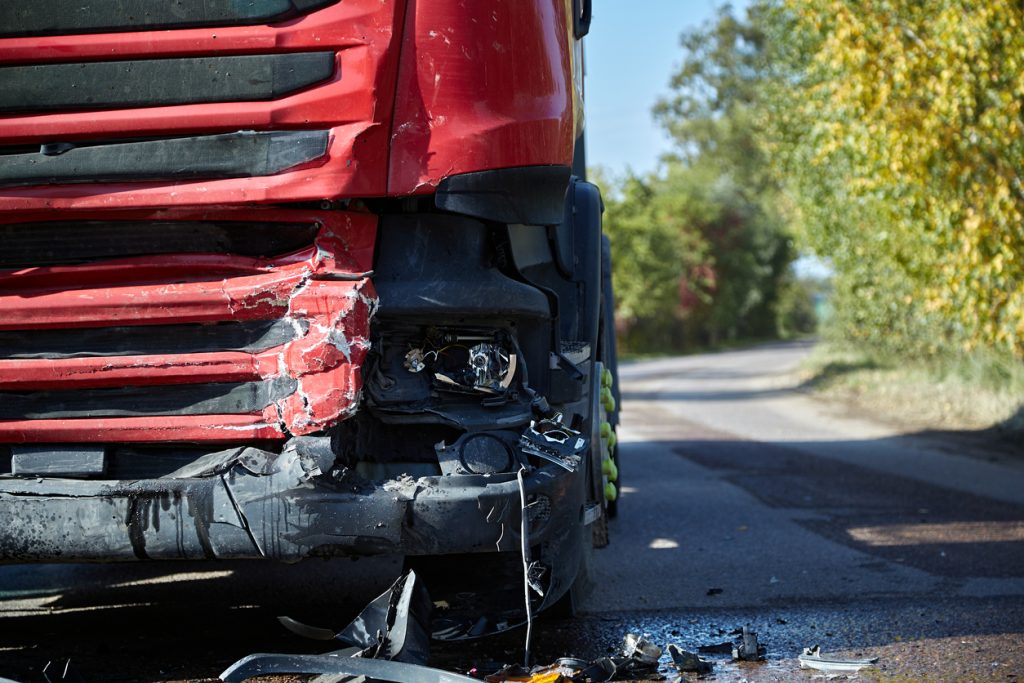- 2 Nov 2025

Large trucks dominate Texas highways, transporting goods across cities, rural roads, and interstates. With the state being a central hub for freight traffic, the causes of truck accidents in Texas are often linked to speed, fatigue, or mechanical issues. Yet, a less discussed but highly dangerous factor is improper cargo loading. Poorly balanced freight, unsecured items, or overweight loads can turn a routine delivery into a catastrophic crash. Understanding how cargo mistakes contribute to truck collisions is vital not only for drivers but also for anyone sharing the road.
Improper cargo handling creates risks that extend far beyond logistics. It reshapes liability in crash investigations, increases the likelihood of multi-vehicle collisions, and complicates legal claims. Recognizing these hidden dangers allows us to see why these accidents occur and why they continue to be a serious problem across Texas highways.
How Cargo Loading Mistakes Amplify the Causes of Truck Accidents in Texas
Improperly secured or imbalanced freight can dramatically change a truck’s handling. Unlike smaller vehicles, a semi-truck relies heavily on stability and weight distribution. When cargo shifts unexpectedly, even minor turns can become dangerous. This makes causes of truck accidents in Texas more complex than driver behavior alone.
Cargo loading errors usually fall into three categories: overloading beyond federal or state weight limits, uneven distribution that makes rollover crashes more likely, and inadequate tie-downs that allow materials to spill onto the roadway. These errors create dangers not just for truck drivers but also for other motorists who may suddenly face debris, jackknifing trailers, or toppled rigs.
Weight Violations and the Hidden Causes of Truck Accidents in Texas
Texas follows federal weight guidelines under the Federal Motor Carrier Safety Administration (FMCSA), which set strict limits for maximum cargo capacity. Trucks that exceed these limits become harder to control, require longer stopping distances, and can overwhelm braking systems. This makes weight violations a leading contributor to the overlooked causes of truck accidents in Texas.
When trucks are overloaded, liability becomes more complex. Cargo loaders, shipping companies, and even third-party contractors may share responsibility. This intersection of safety and accountability highlights why weight violations cannot be dismissed as mere technical infractions—they create real-world dangers on Texas highways.
Shifting Cargo and Rollover Risks on Texas Highways
A major but underreported risk in the causes of truck accidents in Texas comes from shifting loads. Trucks carry diverse cargo: steel coils, livestock, lumber, chemicals, and consumer goods. If the weight shifts mid-journey, the truck’s center of gravity changes instantly. Even minor lane changes or curves can trigger a rollover.
Rollover accidents are among the deadliest because they often involve multiple lanes of traffic. In Texas, where interstates like I-35 and I-45 see constant freight movement, the danger is multiplied. Investigations into these crashes frequently reveal that the problem was not driver negligence but improper strapping, inadequate dunnage, or careless loading at the warehouse.
Unsecured Cargo and Debris-Related Causes of Truck Accidents in Texas
Loose cargo poses risks beyond the truck itself. When materials fall onto the highway, trailing motorists face unexpected hazards. From steel beams to construction equipment, falling items have caused countless collisions. These types of crashes illustrate how improper loading can lead to secondary accidents involving multiple vehicles.
The Texas Department of Transportation (TxDOT) has documented numerous incidents where unsecured freight triggered chain-reaction collisions. Such cases remind us that unsecured cargo is not a small oversight—it is one of the overlooked causes of truck accidents in Texas that affects everyone on the road.
Legal Implications of Cargo Loading Errors in Texas Truck Accidents
When cargo mistakes lead to crashes, determining fault becomes complicated. Unlike typical driver-related incidents, these cases often involve multiple entities: trucking companies, cargo loading crews, and sometimes the businesses that contracted the shipment. Courts in Texas examine whether federal cargo securement standards were followed. If violations are found, liability may extend beyond the driver to corporate entities.
Legal claims often reference FMCSA regulations and state enforcement records. For example, improper load securement violations are consistently cited in safety inspections across the country. According to the Federal Motor Carrier Safety Administration (fmcsa.dot.gov), inadequate cargo securement remains one of the most common violations discovered during roadside checks. This illustrates that cargo loading errors are not rare—they are widespread and dangerous.
The Role of Federal and State Oversight in Preventing Cargo-Related Accidents
Regulatory frameworks attempt to prevent these accidents through inspection programs and mandatory training. Yet, enforcement gaps remain. Texas, due to its size and freight volume, faces particular challenges in monitoring compliance. Despite weigh stations and random inspections, many overloaded or improperly loaded trucks slip through undetected.
These enforcement gaps explain why improper loading continues to appear in accident reports as one of the recurring causes of truck accidents in Texas. Laws exist, but consistent compliance and enforcement remain difficult across such a vast transportation network.
How Cargo Mistakes Interact with Other Causes of Truck Accidents in Texas
Cargo loading problems rarely exist in isolation. They often intersect with other crash factors, magnifying the risks. For example, fatigued drivers handling overloaded trucks may struggle to maintain control. Mechanical issues, like failing brakes, become even more dangerous when combined with excessive weight. Poor weather conditions can turn unsecured cargo into deadly projectiles.
By examining how these risks overlap, it becomes clear that cargo mistakes intensify the already complex causes of truck accidents in Texas. These accidents are rarely caused by one factor; instead, they result from a dangerous mix of human error, regulatory violations, and physical forces.
Case Examples Illustrating Cargo Loading as Causes of Truck Accidents in Texas
Crash investigations often reveal the overlooked role of freight errors. In one documented Texas accident, improperly loaded steel coils shifted during transport, leading to a truck rollover on a busy interstate. In another case, unsecured construction equipment fell from a trailer, causing a chain reaction involving several vehicles.
These real-world incidents highlight how cargo mistakes directly contribute to the causes of truck accidents in Texas. They also demonstrate how liability can expand to include shippers, loaders, and contractors, reshaping the outcome of legal claims.
Preventing Cargo-Related Truck Accidents in Texas
Prevention requires a combination of strict adherence to regulations, better training for loaders, and improved oversight by trucking companies. Cargo securement is not optional; it is a legal duty tied to roadway safety. Federal standards exist to protect both drivers and the public, but their effectiveness depends on consistent enforcement.
For drivers and companies alike, awareness of these dangers must go beyond compliance checklists. Recognizing cargo loading mistakes as a major factor in the causes of truck accidents in Texas creates accountability at every stage of freight transport.
Conclusion: Cargo Loading Mistakes as Hidden Causes of Truck Accidents in Texas
Truck crashes in Texas are often linked to speeding, fatigue, or equipment issues, but cargo handling errors deserve equal attention. Overloading, shifting weight, and unsecured freight are not minor oversights—they are among the dangerous causes of truck accidents in Texas that threaten lives daily.
By understanding how these mistakes reshape liability and increase risks, both drivers and companies can take steps to reduce tragedies on Texas highways. For readers interested in a deeper exploration of this issue, more insights into the causes of truck accidents in Texas show how various factors, including cargo errors, shape roadway dangers.
Recent posts
- 17 Oct 2025
Categories
- Accident & Injury Law (54)
- AI (1)
- Copyright Law (1)
- Criminal & Civil Law (17)
- Disability Law (2)
- Driving Law (2)
- Employment Law (1)
- Estate Planning (2)
- Family & Relationship Law (29)
- Food and Drink (2)
- Gas Exposure (1)
- Health (1)
- Immigration Law (2)
- Injury Claim (1)
- Insurance Law (7)
- Legal (40)
- Lemon Law (4)
- Mediation (3)
- Medical Malpractice (1)
- Property & Business Law (9)
- Severance Agreement (1)
- Travel and Leisure (1)
- Uncategorized (12)
- Worker Compensation (2)



